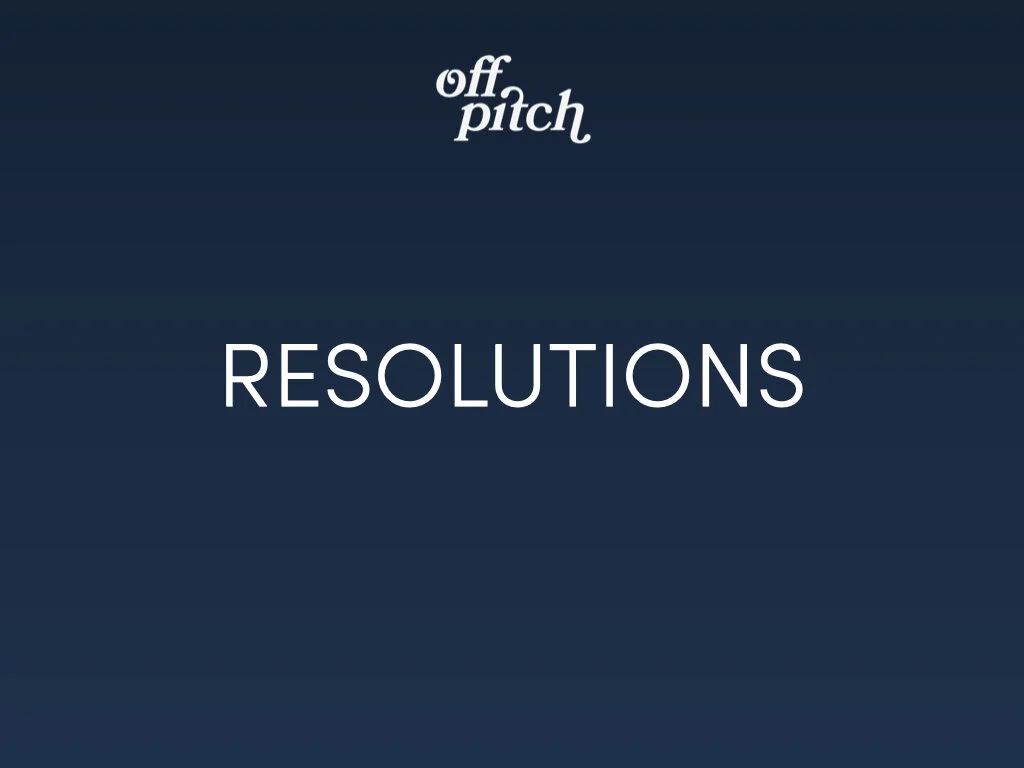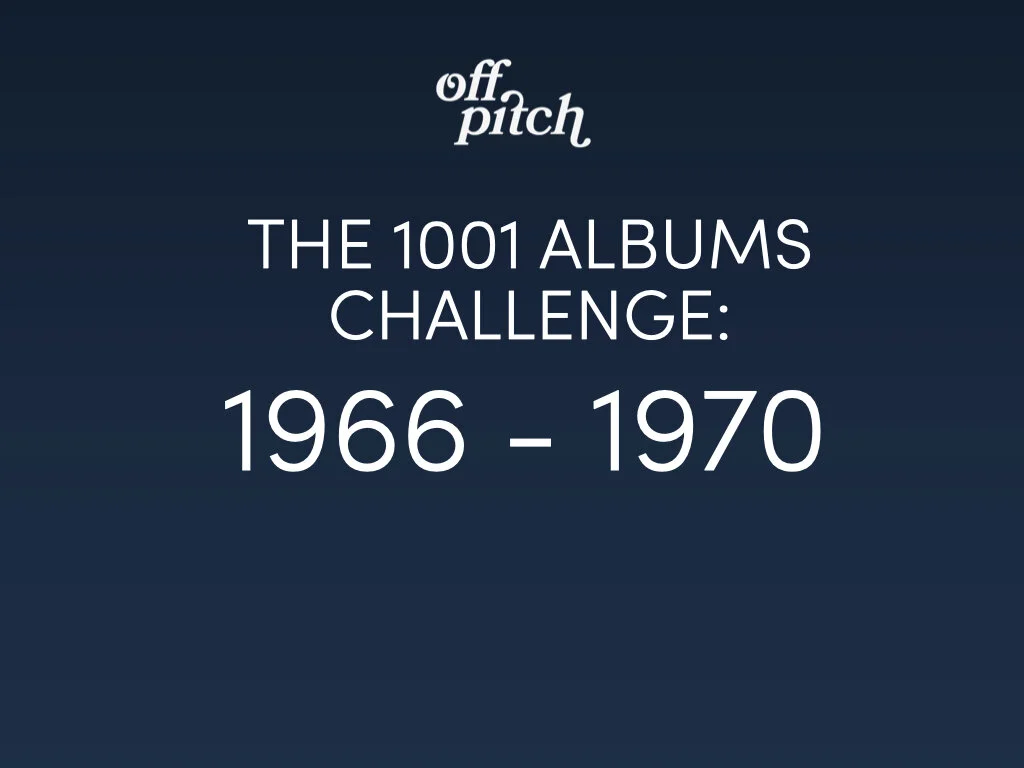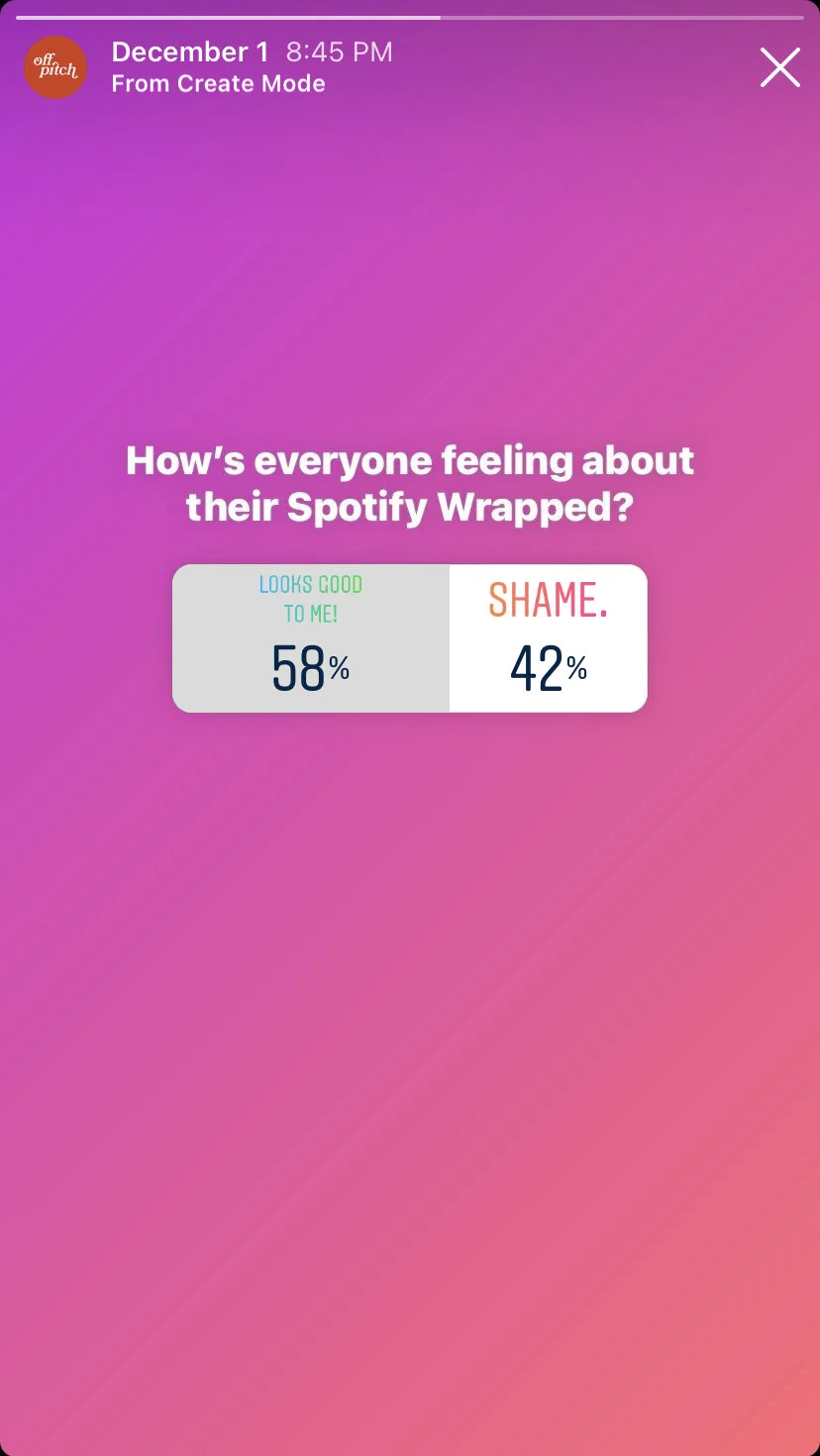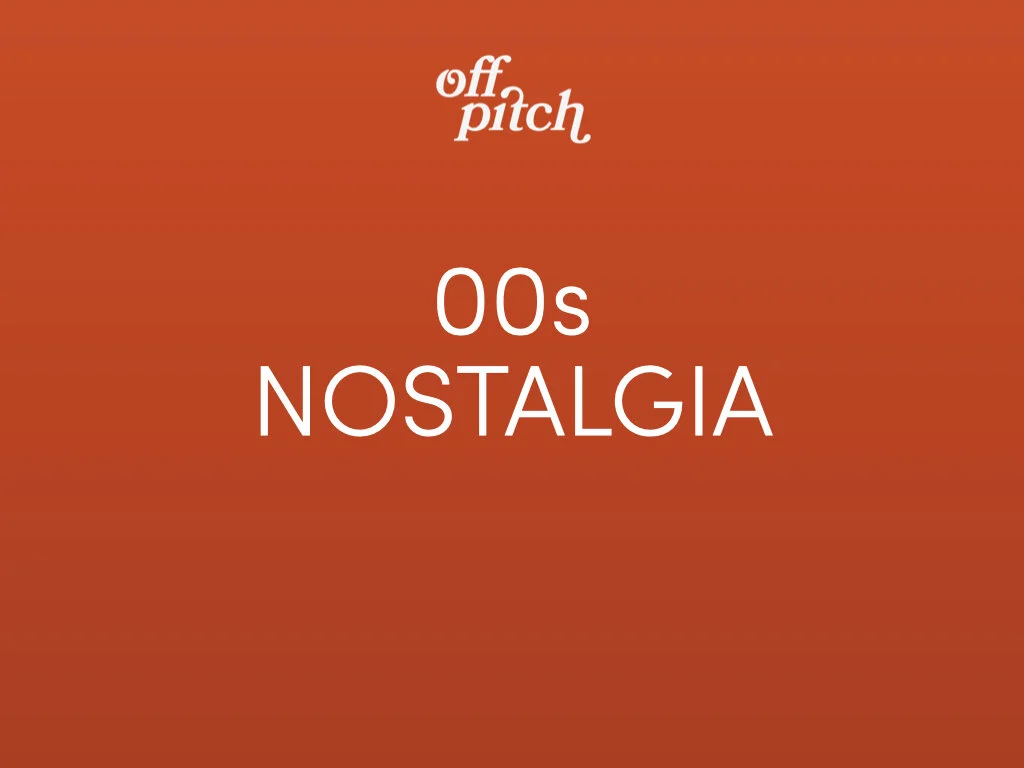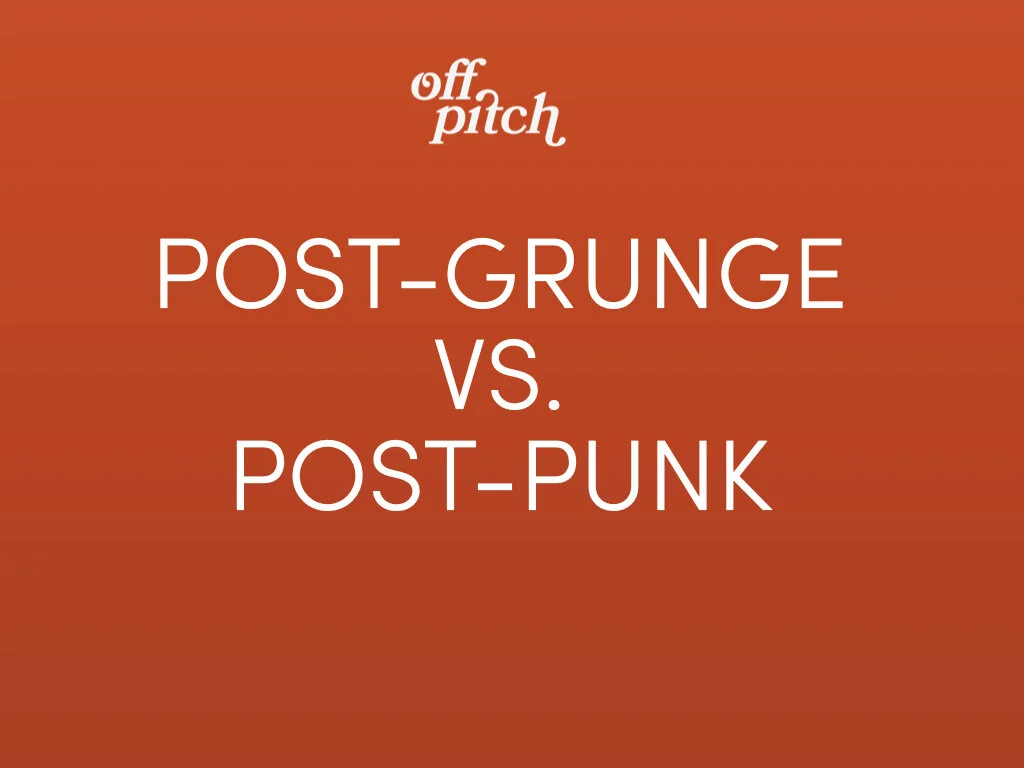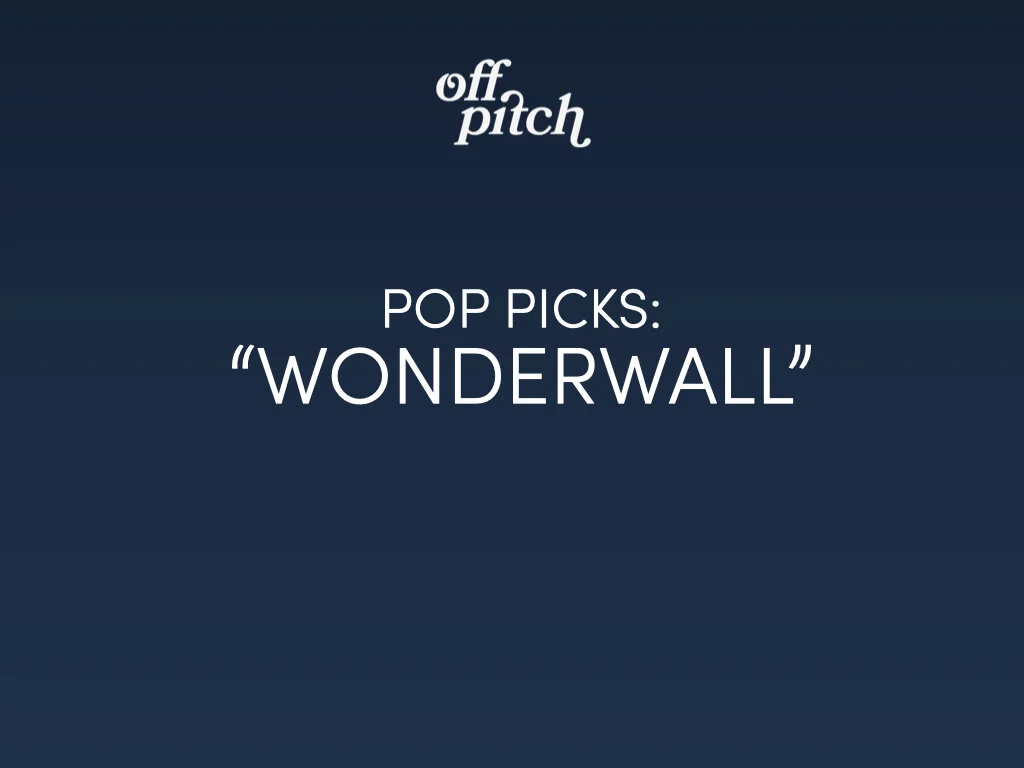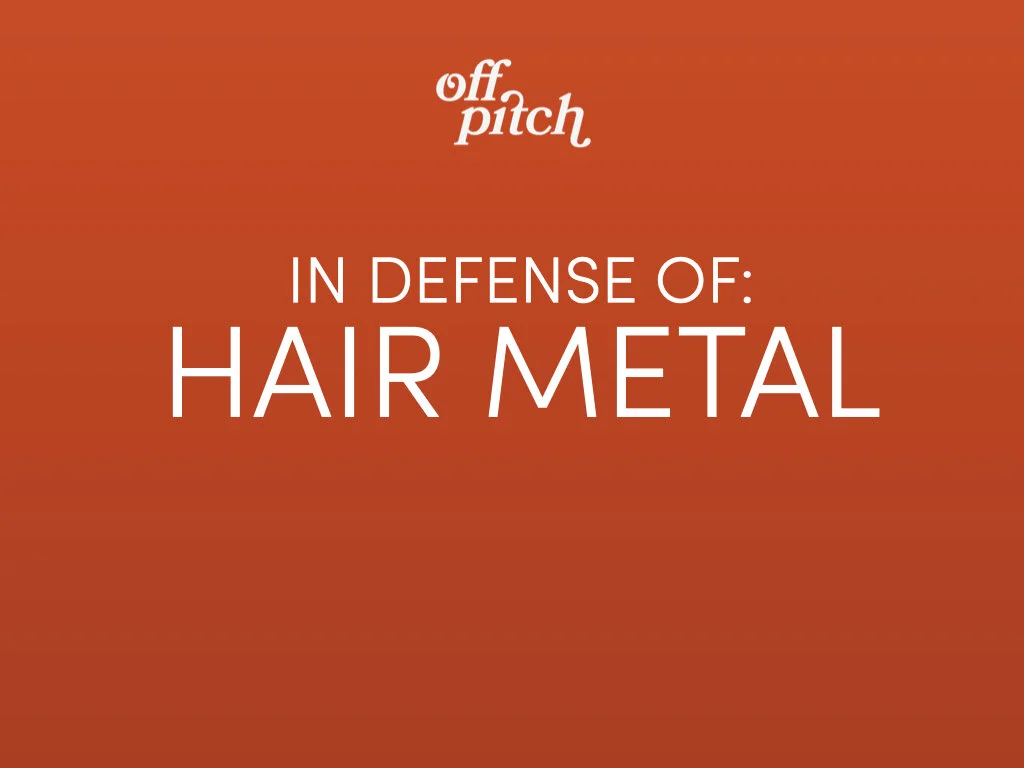I’ve never been a fan of New Year’s resolutions. I’m not against the idea of setting goals for self-improvement, but tying those goals to a universal, fixed timeline every year seems like a recipe for failure. So when people ask me about my resolutions, I usually just shrug the question off and change this subject.
This year is a little different. Last week marked one year since I officially launched Off Pitch (which is definitely the only reason this is coming out a month after New Years Day). In honor of this anniversary, and since we’re through the traditional resolution season, I thought now would be a perfect time to reflect on my music-related habits and share some of my goals for both myself and Off Pitch in the year(s) to come. Besides writing more, which probably goes without saying.
More Concerts
I know: hot take, right? With the pandemic still raging in most parts of the world, almost everyone is hankering for the return of concerts and festivals. But even before COVID cancelled the live music industry, my concert attendance was sparse. I’ve enjoyed just about every show I’ve ever been to, but when the time comes to buy tickets, I tend to drag my feet. Even if it’s an artist I’m really excited about.
Now that I have no choice in the matter, my attitude has changed. I miss going out and immersing myself in the live music experience. As soon as it becomes safe to start going to concerts again, I plan on making it to at least one show a month.
More Merch
In a perfect world, I would own a t-shirt for every artist I put on my playlist. But since I live in a world limited by cost and closet space, I only buy merch every once in a while. Luckily, band tees aren’t the only product on the market. I don’t think I’ll ever be a full-on vinyl nerd (which wouldn’t solve the cost issue), but I would like to start buying the occasional physical copy of an album. Not only is it awesome to have a piece of music you can hold in your hands or display on a bookshelf, it’s also a better way of supporting an artist you love financially.
Less Streaming
There are a lot of things to love about streaming, and at the top of the list is the massive amount of music you can listen to for just a few bucks a month. There are also a lot of things to hate about streaming, and at the top of THAT list is the massive number of musicians who have to share and live off those few bucks a month.
Moving forward, I’d like to rely less on the traditional streaming services and get more of my music from sites like Bandcamp. Maybe I’ll even throw it back and start buying songs on iTunes again. Either way, I want to see more of the money I spend going to the artists themselves, rather than the corporations that exploit them. I think I owe them that much.
Less Lists
As of the writing of this piece, I’m about 300 albums into the 1001 Albums Challenge. And I’m exhausted. Don’t get me wrong, I don’t regret taking on the challenge. I’ve found some cool stuff I’d never been exposed to before, and I appreciate the crash course in music history I’m receiving (though most crash courses aren’t ~700 hours long). But at this point in the list, I’m pretty confident in saying that I’m never going to do anything like this again. Instead, I want to keep the majority of my listening to stuff I love and stuff I’m excited about, rather than a predetermined list of things I ‘have’ to listen to. I want to stay firmly in the “fan” camp and not become too much of a scholar.
P.S. I know, it should be “fewer” and not “less.”
Mix It Up A Little
Of all the art/entertainment I consume, music is the media form I tune into the most. That doesn’t mean it’s the only one I have strong opinions about. Moving forward, I’d like to branch out into writing about some other subjects I’m passionate about, like sitcoms and stand-up specials. I’d also like to fill in some of my media blind spots by reading more books and watching more movies (that aren’t just an excuse to listen to more music). Music will always be my focus, but I think there’s a lot of benefit in a little variety.
Thank you to everyone who has read this and any other article I’ve posted in the last year. It wasn’t the year I expected it to be (again, hot take), but I’m looking forward to continuing to step up my blog game and keeping Off Pitch running for years to come.
Lyle B.

